Children’s diets are attracting lots of attention at the moment. To support your work, we have two important updates on Healthy Early Years Diets to share with you this week:
OHA position paper
The Obesity Health Alliance (OHA), of which iHV is a member, has published its new joint position paper: Healthy Early Years Diets: Achieving the Best Start in Life.
In this document, OHA outlines the steps that the government should take to enable children to grow up healthily. The recommendations cover three areas
- Enabling families to feed their babies & young children healthy diets
- Supporting early years settings to provide nutritious food & drink
- Investing in the foundations for health in the early years.
This document is published ahead of OHA’s meeting with Public Health Minister, Dame Andrea Leadsom MP, later this month.
The Food Foundation’s animation
The Food Foundation’s excellent new animation Nourishing the Nation: A shared vision of a brighter future calls on policy makers to take decisive action to reshape the food system in election year. Social media assets and social media pack with suggested posts and more information is available here.
The Food Foundation wants as many people as possible to have their say and join the conversation about what can be done to build a food system where healthy and sustainable food is accessible to all.
If you could help to make a noise on social media by doing the following things:
- Like and share the animation on your social channels
- When you post the video, share one thing you’d like to see change about the food system e.g. Free school meals for all/ a high street where fresh, locally sourced veg is the cheaper option/ a community garden in every new housing development/ adverts for carrots on TV!
- Tag The Food Foundation and your local MP or a minister of a relevant department to make sure they see the video and use the hashtags #NourishingTheNation and #MyFoodVision


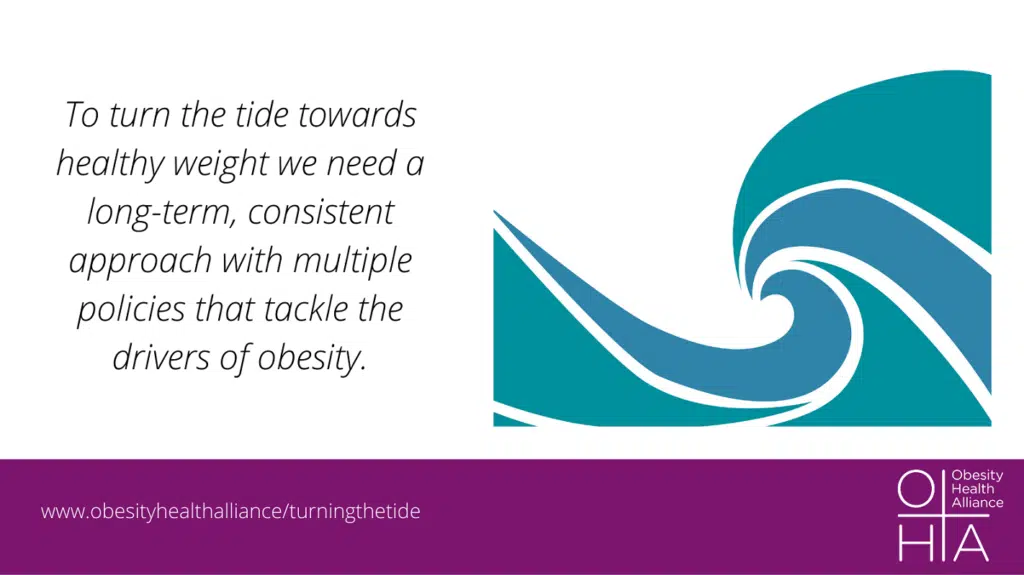

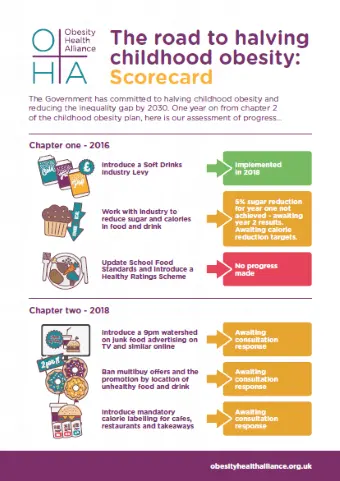
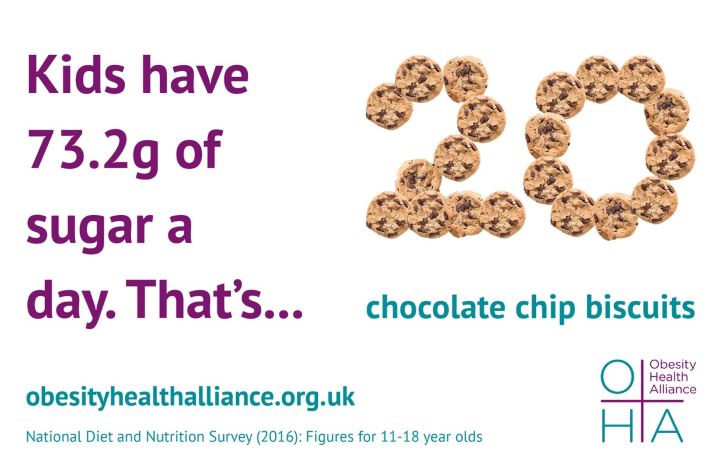
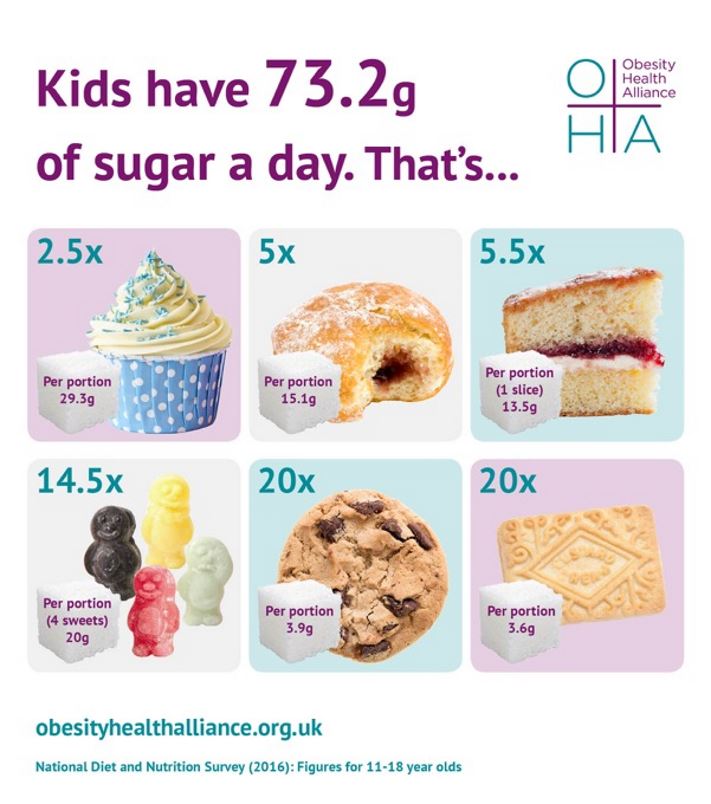
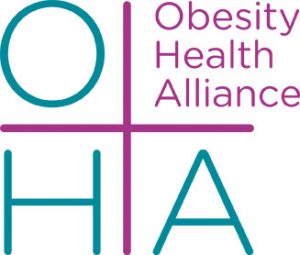
![By Mallinaltzin (Own work) [CC BY 3.0 (http://creativecommons.org/licenses/by/3.0)], via Wikimedia Commons](https://ihv.org.uk/wp-content/uploads/2016/06/Obesidad_en_Mexico_1422x948.jpg)
